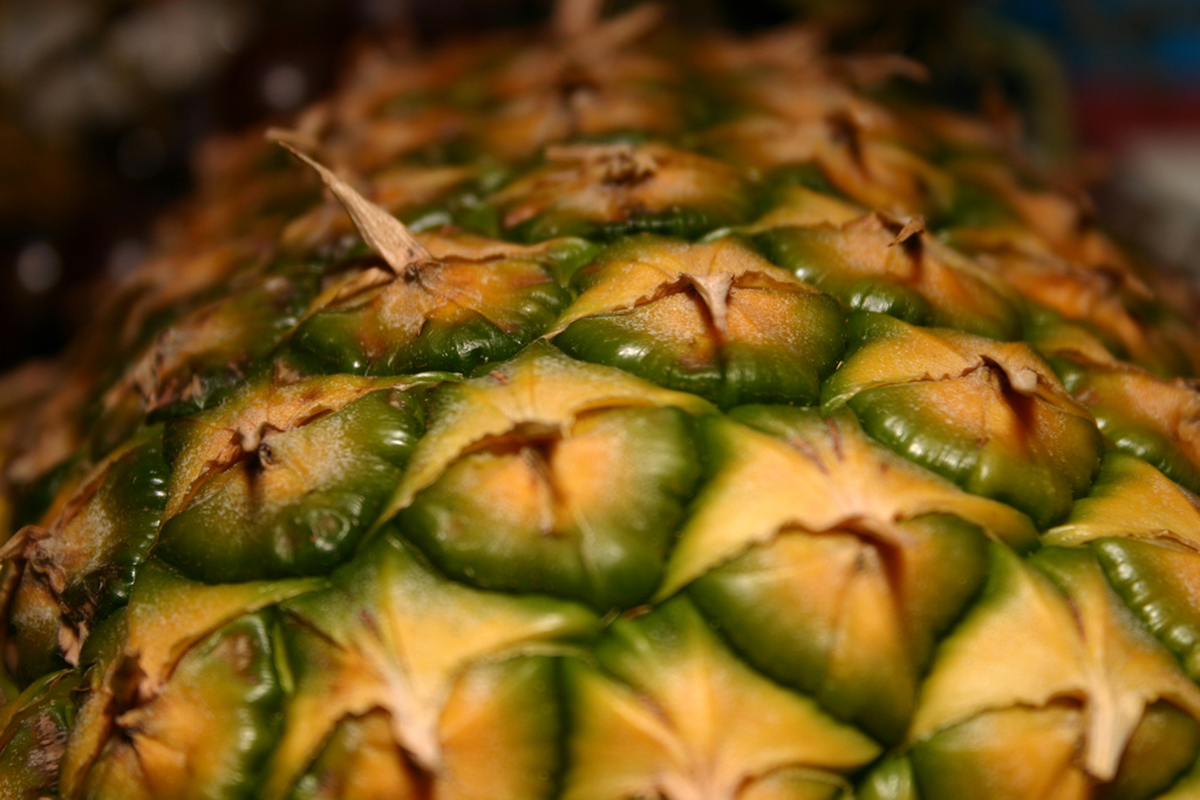Table of Contents
Low GI and wholegrain carbohydrates. Low GI carbohydrates are those that result in the minimum insulin response but still contain enough glucose to give us energy. Less insulin secretion, means less inflammation too. Some examples of low GI carbohydrate foods include yogurt and milk, wholegrains like bran cereal, low GI wholegrain bread, brown rice, barley, rolled oats, oat bran, lentils and other legumes as well as most fruits but especially deciduous fruits, berries and citrus fruits and vegetables.

Omega 3 Fatty Acids. As mentioned before, it’s the ratio of omega 6 to omega 3 fatty acids that becomes important in reducing inflammation. Omega-3 fatty acids have been shown to directly reduce inflammation and directly improve insulin sensitivity too. The top sources of omega 3’s are fatty fish like salmon, tuna, mackerel, herring, pilchards and sardines. Vegetable sources of omega 3’s include walnuts, flaxseed oil, chia seeds and oils, help seeds and oils, and pumpkin seeds and oils. Its is recommended to eat fatty fish at least 3 times per week and at the same time to cut down on omega 6 sources of fats. If you are vegetarian, include a vegetarian source of omega 3 daily.
Fruits and vegetables. Fresh fruits and vegetables are your best defense against disease, as they contain special antioxidants and phytochemicals that protect our DNA from free radical damage. It is recommended that we eat at least 5 servings of fruits and vegetables combined per day. A serving being 1 medium fruit or 1 cup raw or half a cup cooked vegetables. Some fruits and veggies and plant foods that are of particular importance include:
- Pineapple. Pineapple is rich in a substance called bromelain, an enzyme that decreases inflammation and boosts immunity.
- Onions and Garlic. Both onions and garlic are rich in sulfur compounds that help inhibit enzymes that cause inflammation. For best results use onions and garlic raw.
- Sweet potatoes. Sweet potatoes are rich in carotenoids, antioxidants that boost immunity and quell inflammation. Other sources of carotenoids include bright orange fruits and vegetables like carrots, butternut, pumpkin, mangos and papayas.
- Spinach. Green vegetables like spinach, kale, turnip greens and broccoli contain anti-inflammatory compounds are a rich source of antioxidants in general.
- Ginger. Fresh ginger root has been shown to directly block the chemical pathways that produce inflammation.
- Turmeric. It contains a chemical called curcumin, which works in a similar manner to ginger. It is one of the most powerful herbal anti-inflammatories knows.
See Also: Diets In Review: The Blood Type Hype
Supplements Against Inflammation
Some people go for supplements to quell inflammatory responses as an alternative to drugs. The most popular ones include:
- Omega-3 fish oils (up to 300mg per day)
- Alpha -lipoic acid (a powerful anti-oxidant)
- Gamma-Linoleic acid (another type of omega 6 supplement that is anti rather than pro-inflammatory)
- Curcumin (concentrated turmeric supplement)
- Quercetin and Bromelain (supplemental ant-inflammatory often used to treat allergies)
- Photo courtesy of William Hook by Flickr: www.flickr.com/photos/williamhook/2784572022
- Photo courtesy of ECohen by Flickr: www.flickr.com/photos/7378221@N03/2353750103


Your thoughts on this